OPINION: The Student Union’s club approval process needs reform
Students promoted new and returning clubs during the Club Fair this past fall.

Club activity and participation is a key part of any well-rounded high school experience. When being sold on accepting an offer from Townsend Harris, prospective students frequently hear statements like, “If you don’t see a club you’re interested in here, you can just start your own!” The statement sounds like a promise, but for Townsend Harris Students, it’s not that easy. The club application process is too selective when it comes to accepting new clubs that students want to launch. Stuyvesant High School offers a wide variety of clubs that it catalogs in a separate website. THHS offers proportionally fewer clubs (taking into account our smaller population), and last year just three new clubs were approved by the THHS Student Union. This year, once again, many students did a great deal of work to propose a club according to the rules and numerous proposals received rejections. This process needs reform.
Only once a year, students are allowed to submit an application to start a club. This year, one of the rejected proposals was mine. Given that the only music-related opportunities we offer are for students who want to play an instrument in a class, I was certain my idea for a club about listening, sharing, and learning about music would be accepted. But after gaining 200 signatures in support of my club, finding an administrator to support me, receiving signatures from the Student Union’s members themselves, and writing a five-page schedule laying out ten weeks worth of what my club would be doing, my application was denied. When I learned my club was rejected, I received an email explaining that “there are opportunities already provided by Townsend Harris which can accomplish the goals of the club.” The rejection letter said I should speak with the music teachers to “allow them to diversify their courses…Rather than creating a club specifically for this.”
I felt as though my very thorough explanation stating that this was not supposed to be an instrumental music class had simply been disregarded. I responded to this explaining that my goals actually wouldn’t be achieved by collaborating with teachers, and I received no response.
I spoke to other students who had similar experiences.
Juniors Mia Esquevel, Carina Fucich, and Bella Kiliski have been attempting to get students more engaged in athletics without the competitive nature of a varsity sports team by starting a futsal club, centering around the low-contact soccer-based game. Their efforts have been rejected two years in a row now. “We were told that it was because our advisor wasn’t from [THHS], which is something that could easily be fixed,” Carina (a Classic editor) said, when talking about why their club was rejected last year. “The last email we got never told us any other issues besides our advisor not being from this school,” Mia added. “And when we fixed that this year, we were instead told that there wasn’t enough room for our club [because it overlaps with the PSAL soccer teams], and [the email we received] described it as a ‘niche’ sport.”
If the very idea of the club is the problem, students shouldn’t be forced to spend so much time creating an application that will fail with or without an advisor and the requisite signatures.
Based on these rejections and a guidance document sent out last school year, the Student Union’s position on what defines “extracurricular” seems partly to be ‘something that isn’t already in our regular course curriculum.’ However, there are instances where clubs exist in addition to classes for them. For instance, we have an art club in addition to having art as an elective. Similarly, journalism classes are offered despite having a school newspaper club. THHS has a very strong robotics team that participates in competitions and works after school, but the school also offers an option to take it as an elective. There are a variety of courses we have in our curriculum that students can also partake in outside of a classroom.
Extracurriculars should serve the purpose of allowing students to participate in activities they may not otherwise be able to participate in during school hours. Similarity to a class is not any reason to reject opportunities for students to diversify their interests. Other high schools, like Stuyvesant, offer both a volleyball team and a volleyball club, which is for students who want to play but perhaps not as competitively. Bronx Science offers a photography class along with a photography club. And even if students are content with just taking a course, spots may not always be available to them, or they might require prerequisites that a corresponding club would not. Students should be given the opportunity, through extracurriculars, to engage in activities they may not have time for during school hours (or to expand on interests they develop during courses).
It also begs the question of whether these club application criteria are needed in the first place. Completing the highly demanding application process, which in part ensures support of your club, should be more than enough to allow clubs to be passed regardless of subjective opinions. Additionally, in the instance that a student’s club is actually identical to one that already exists, the student should be informed of such and given a chance to revise their proposal to better outline and distinguish their club idea. If there is room in the building for two similar clubs to meet, and both clubs have support, then is it that big of a deal if both run?
If there is a concern that students will create clubs just for their college applications, then the SU should put more into the club audit process. Audits should ensure that new clubs are well-attended and well-organized, and the SU should follow through on shutting down those that do not come together adequately. Additionally, more specific criteria for how to ensure your club gets approved and stays open should be shared publicly.
Finally, there should be an official option to make an appeal if your club is rejected and you disagree with the reasoning. Right now, an appeal process is not given or available to all students as it should be. Students work very hard to propose new clubs and should receive chances to revise their proposals.
This rigid and highly opaque club application process that the Student Union subjects its students to on an annual basis must change.
Your donation will support the student journalists of The Classic. Your contribution will allow us to purchase equipment, support our extracurricular events, celebrate our staff, print the paper periodically, and cover our annual website hosting costs.


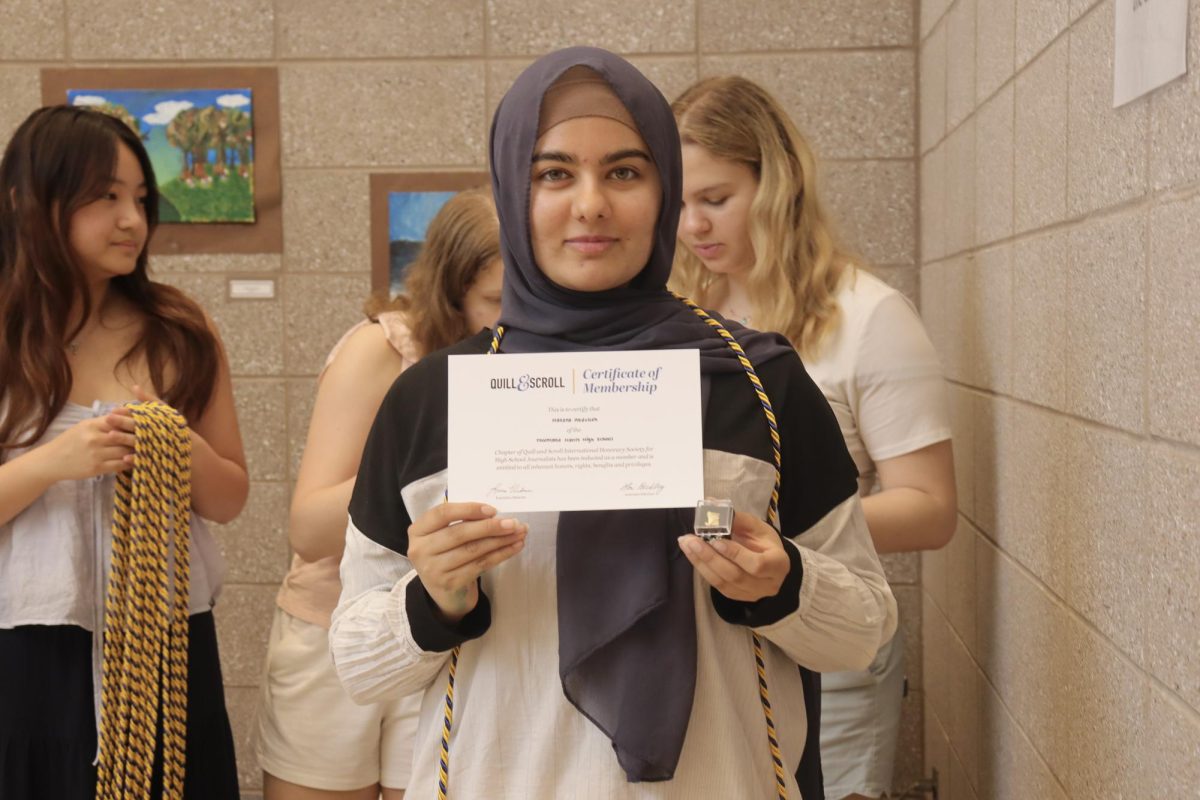
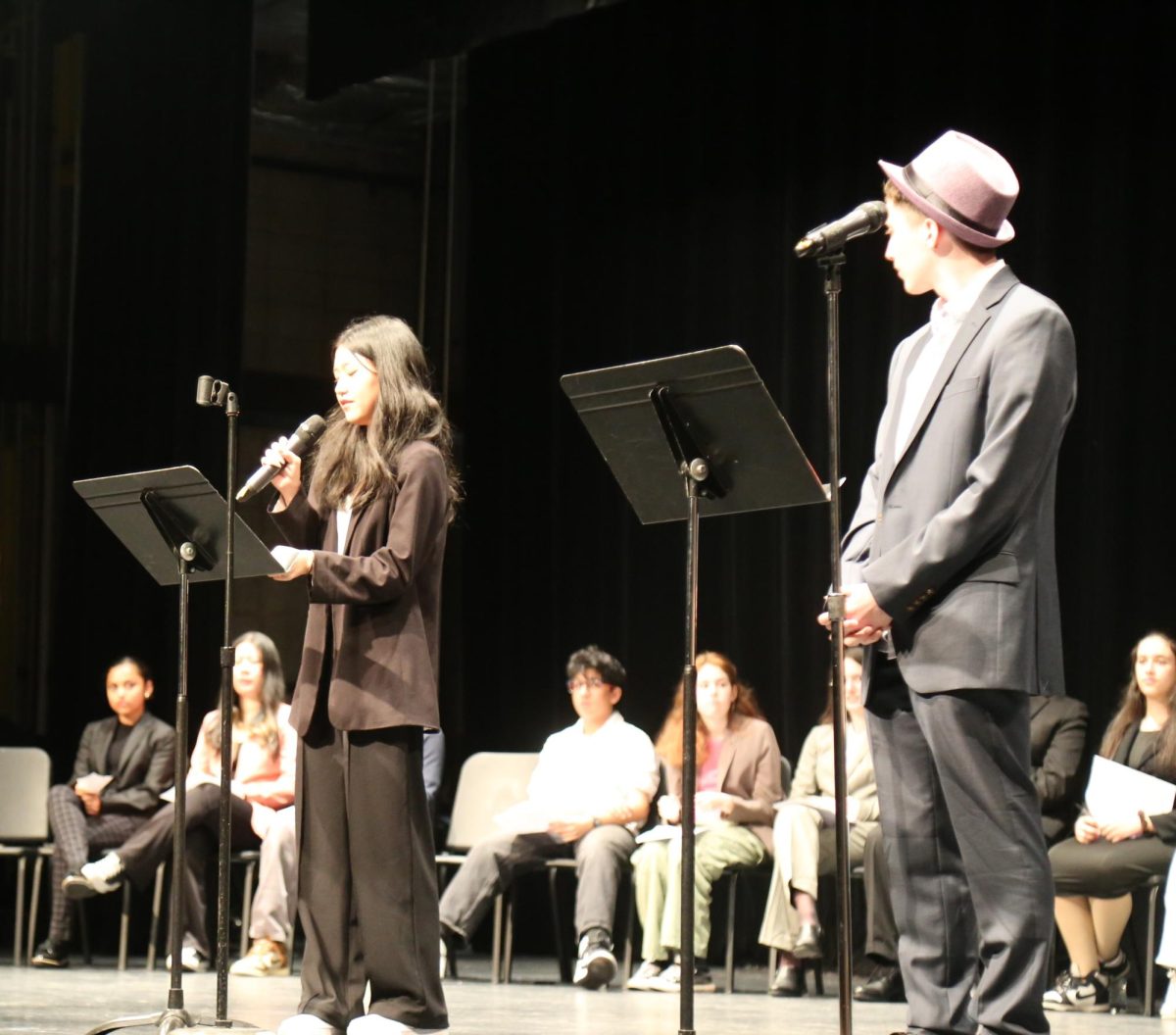
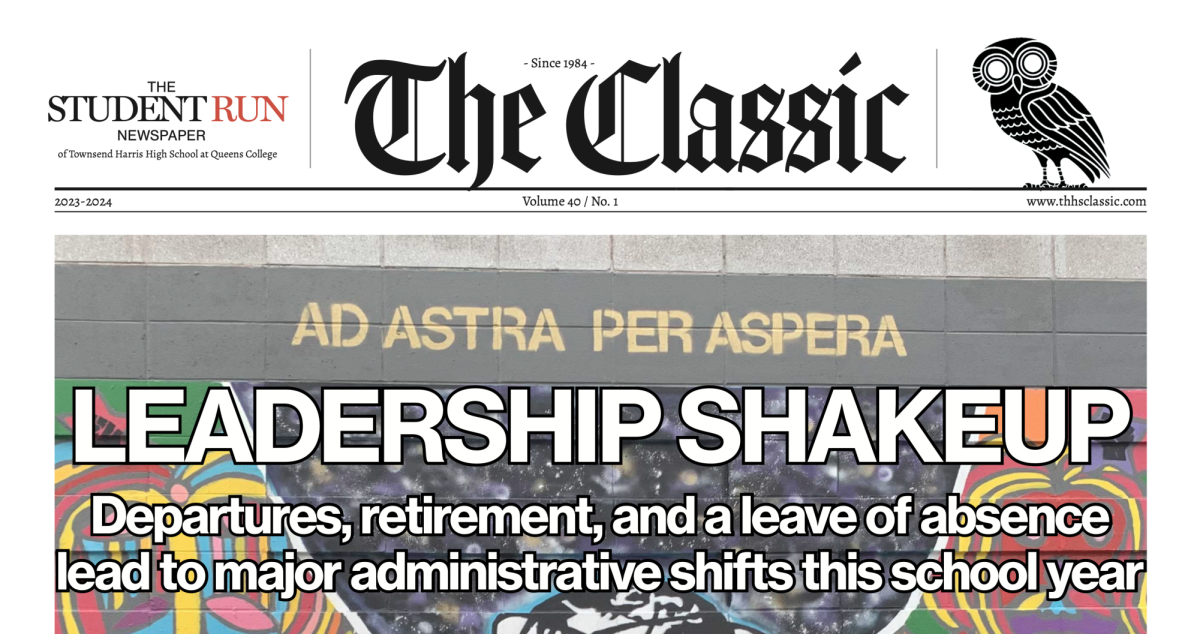
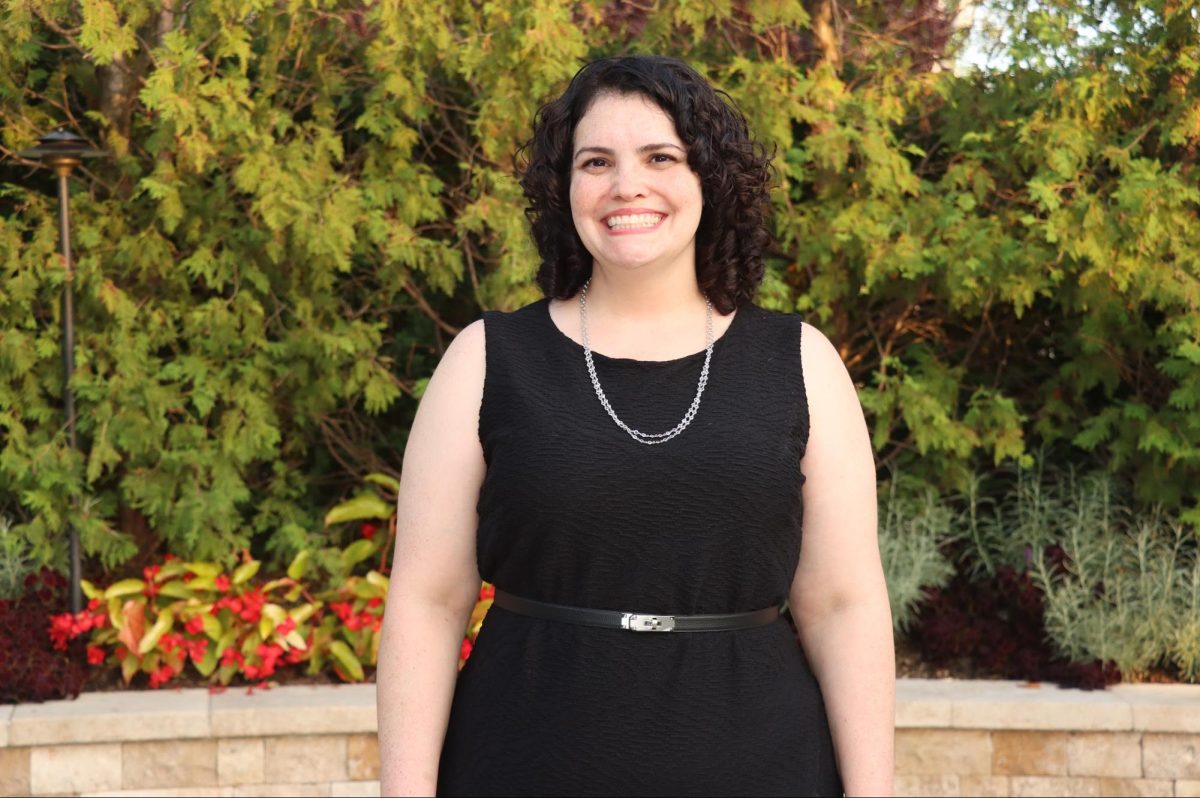
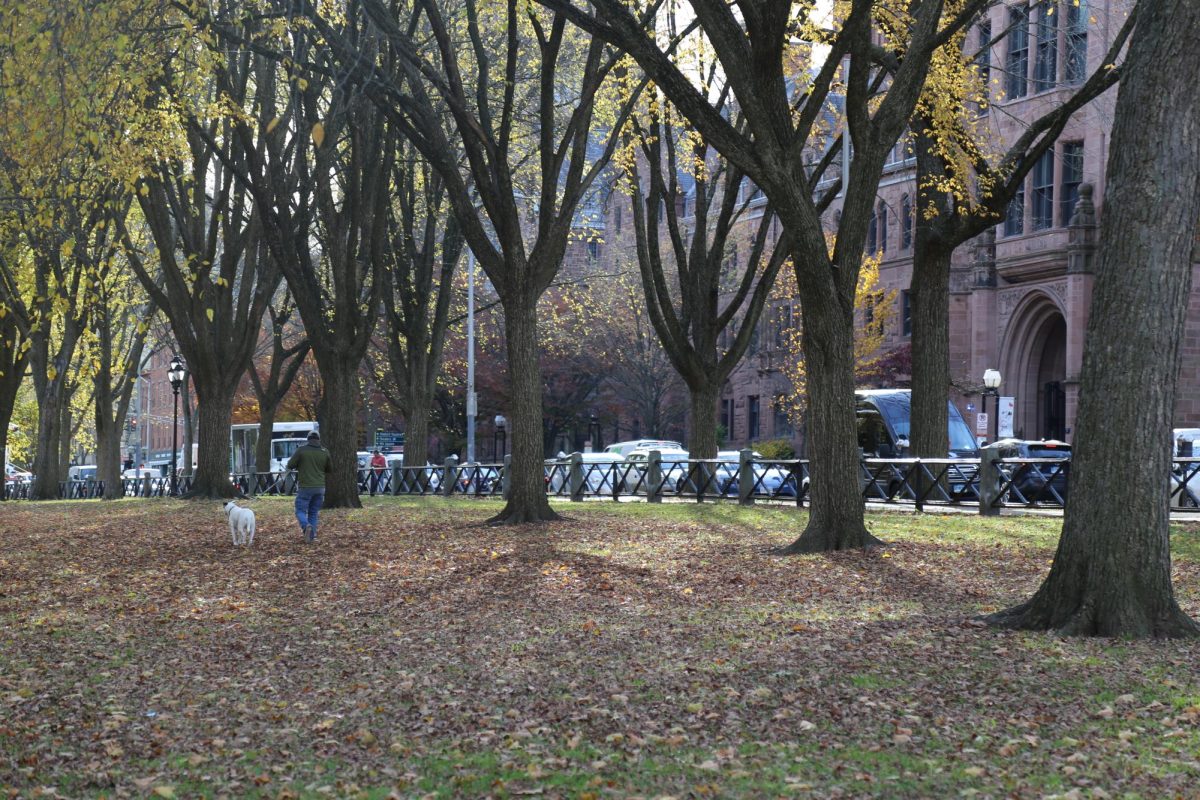
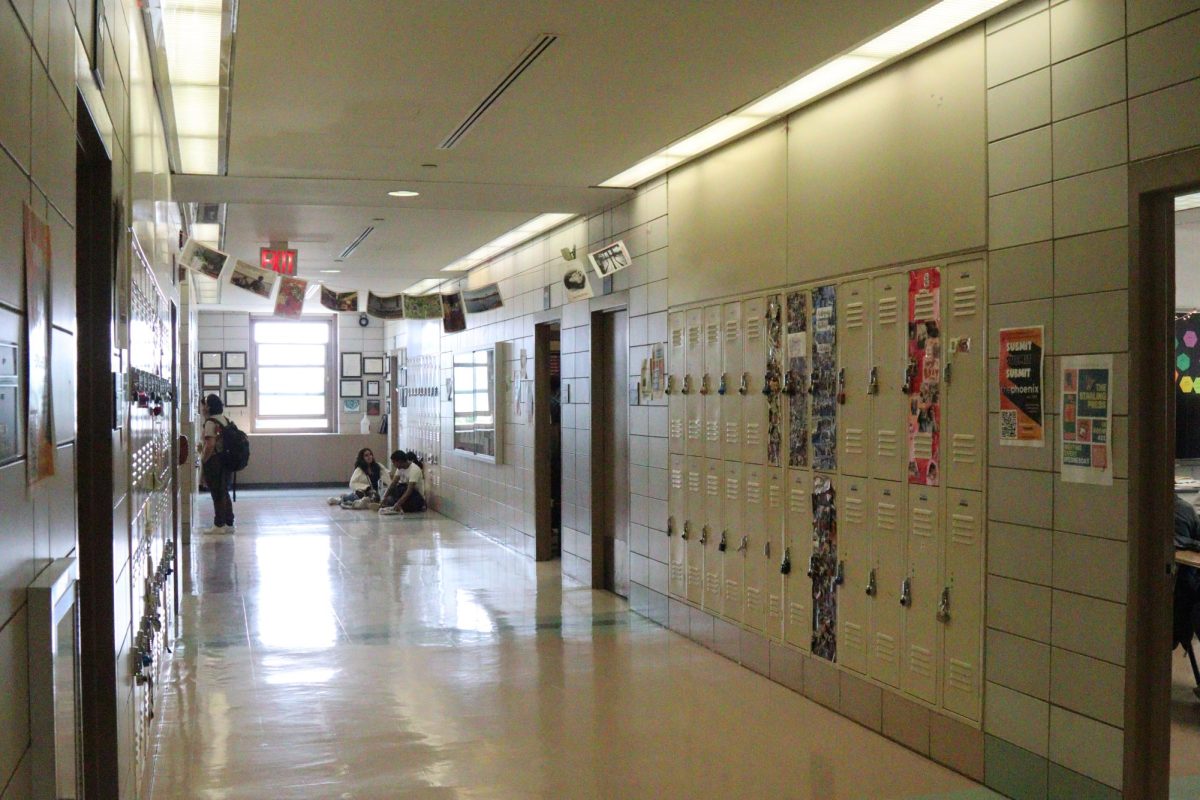
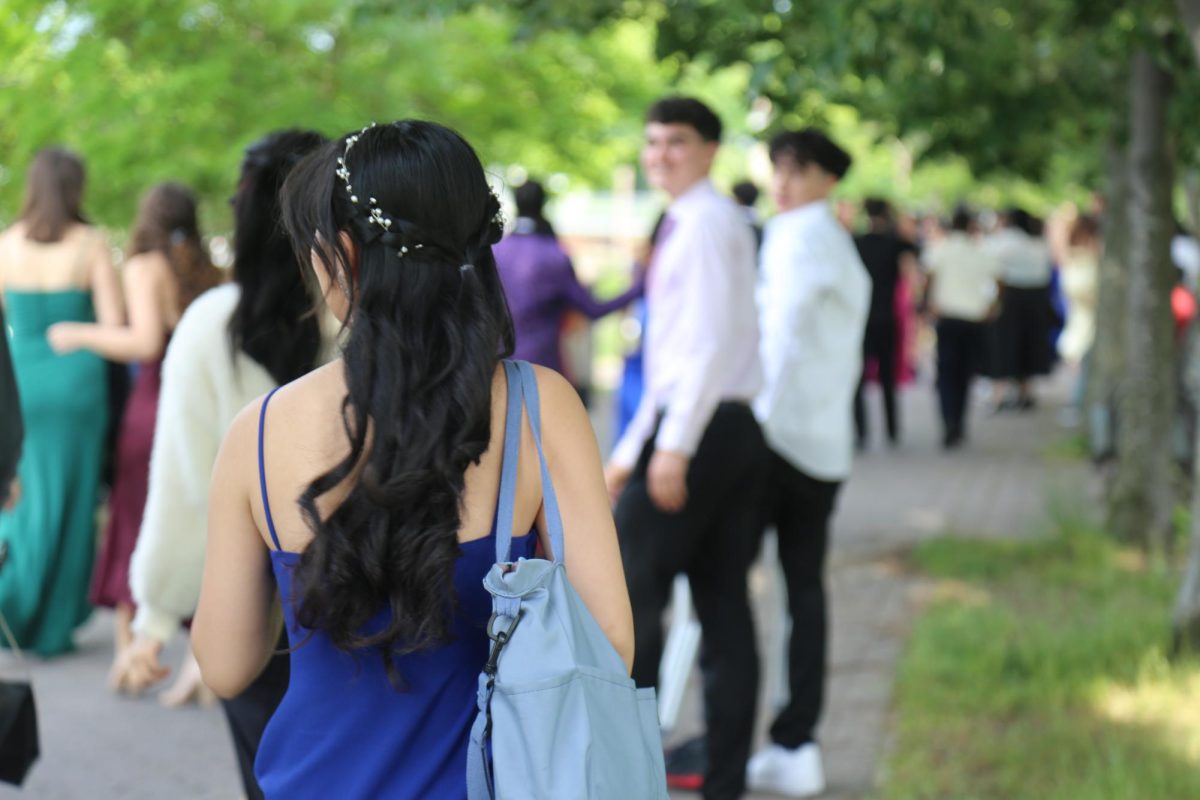
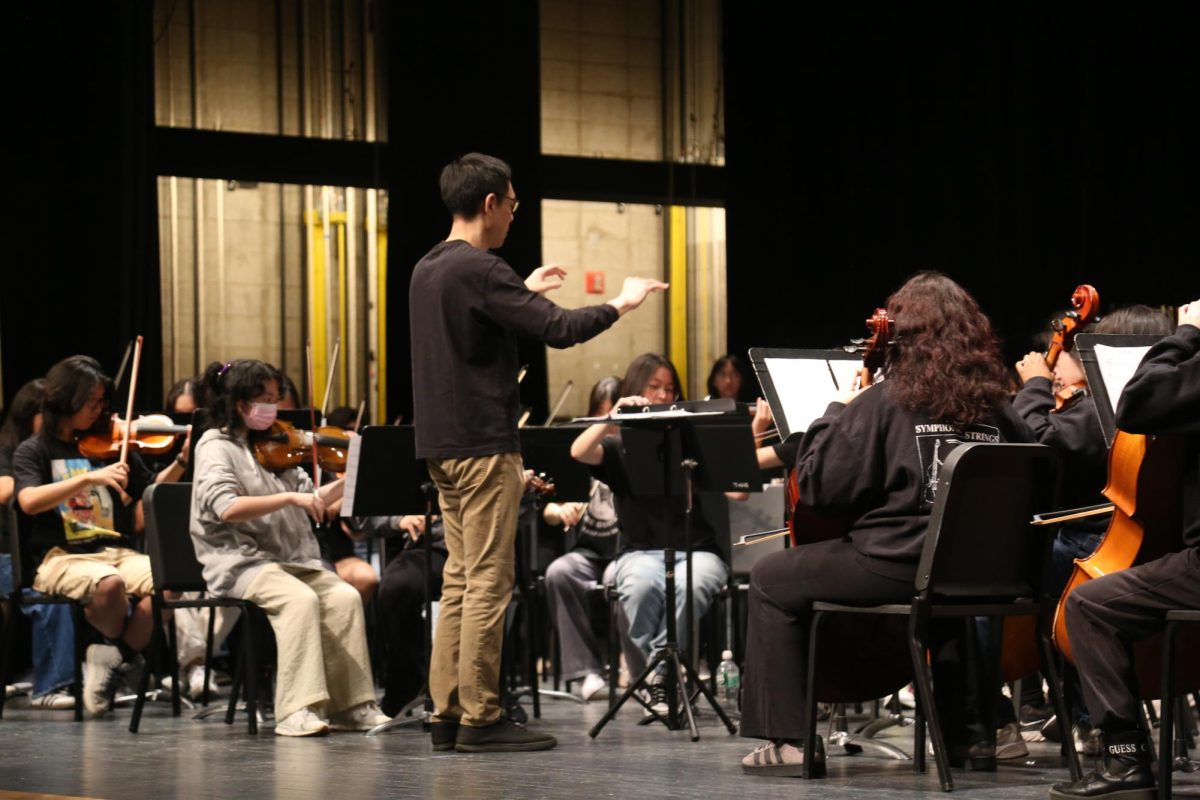







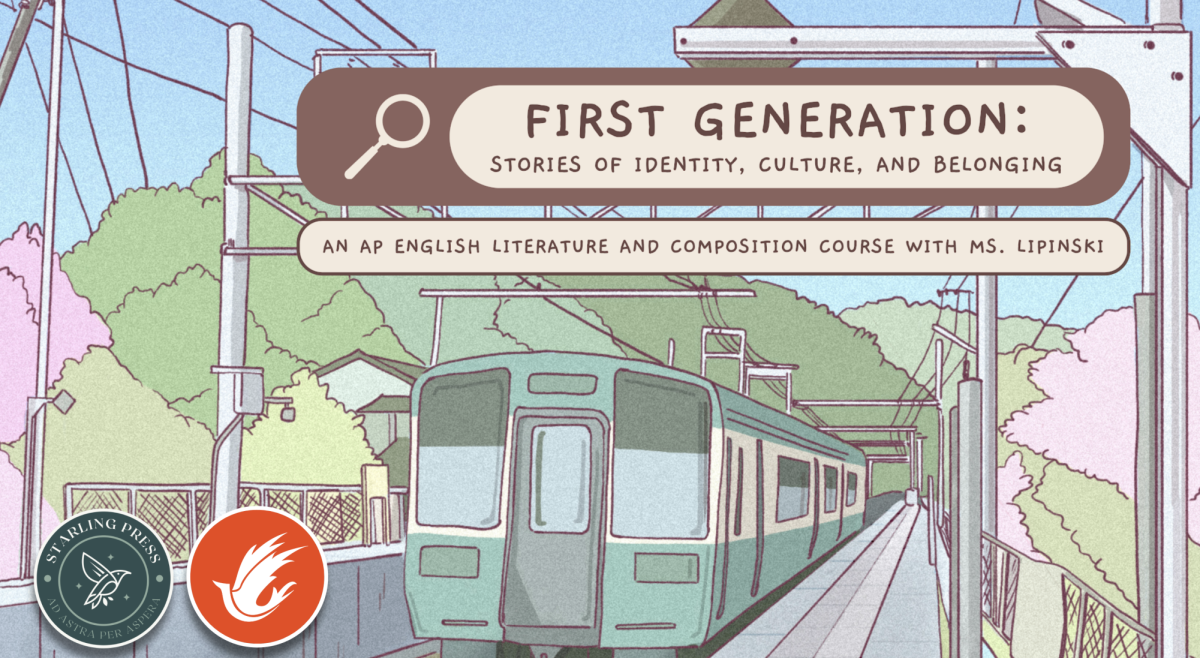
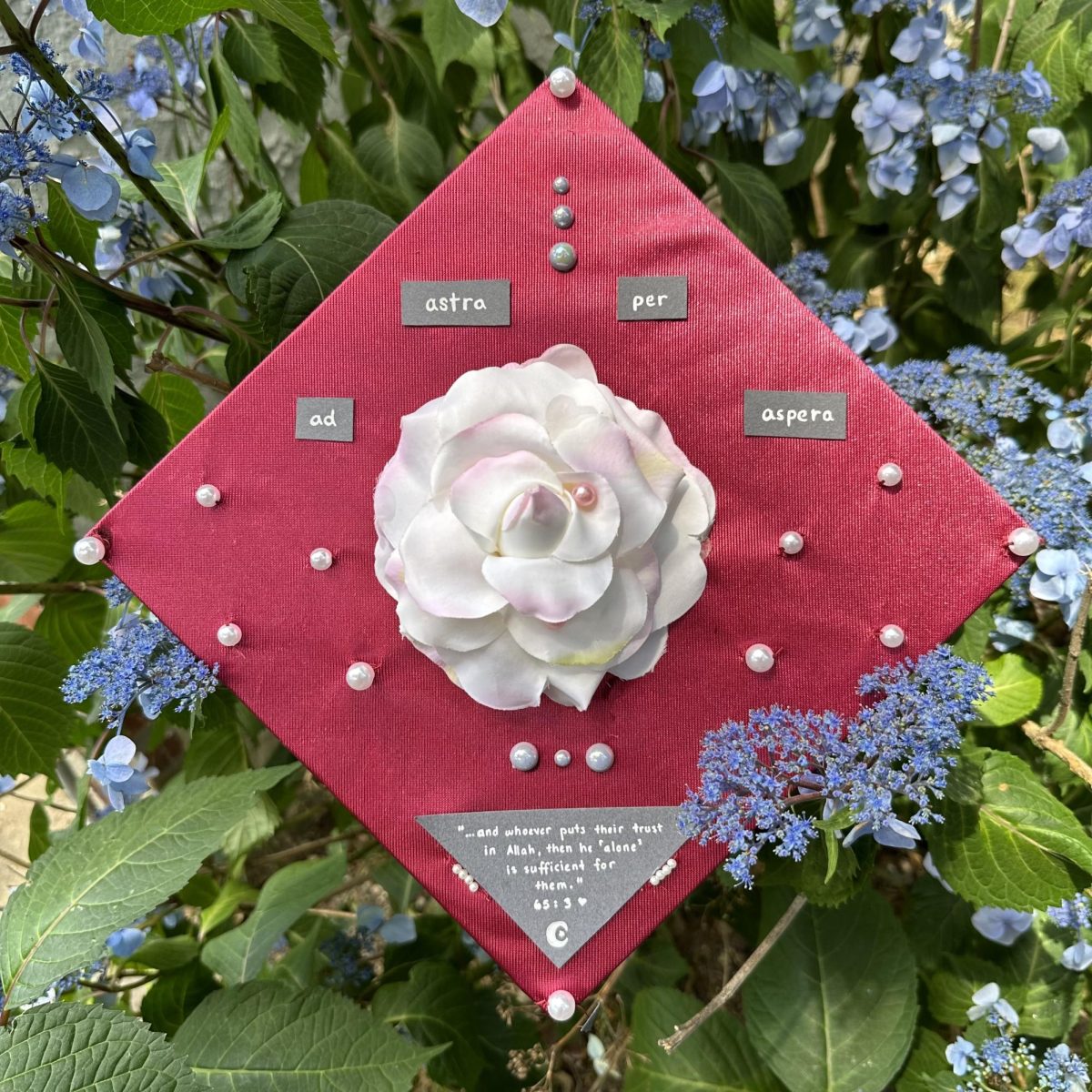
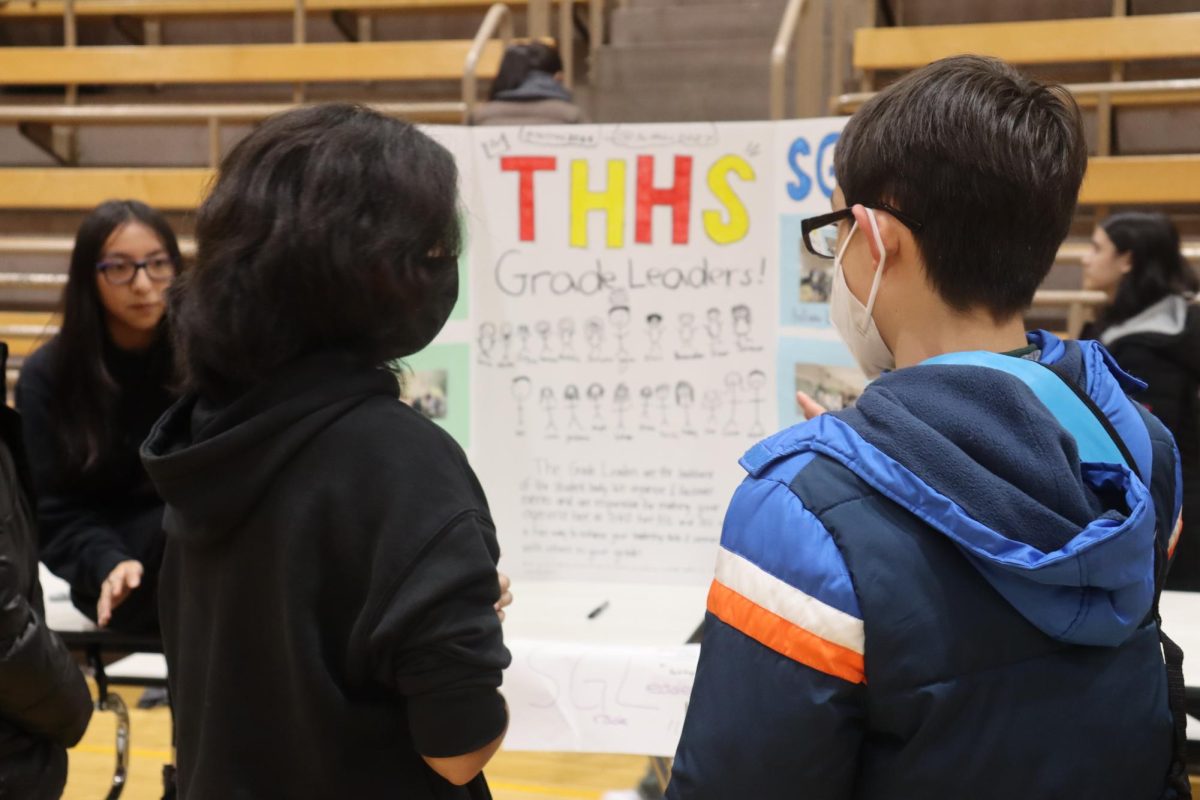

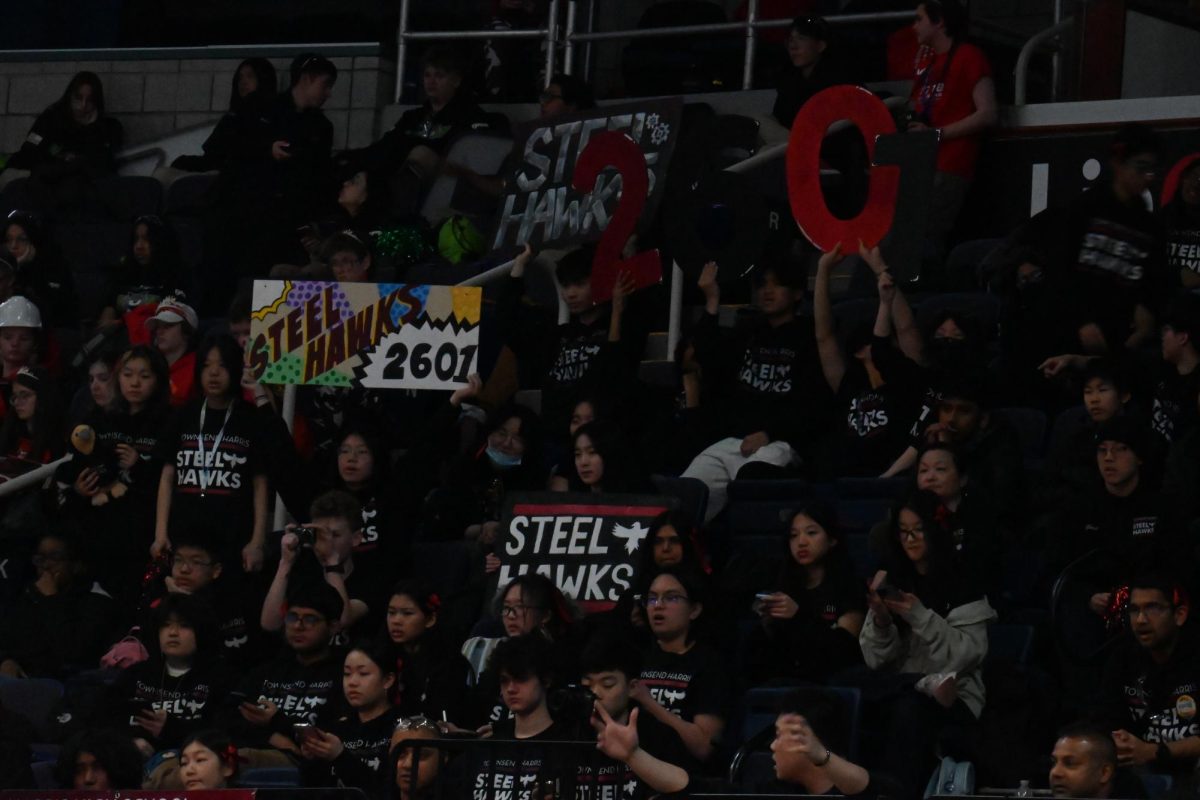


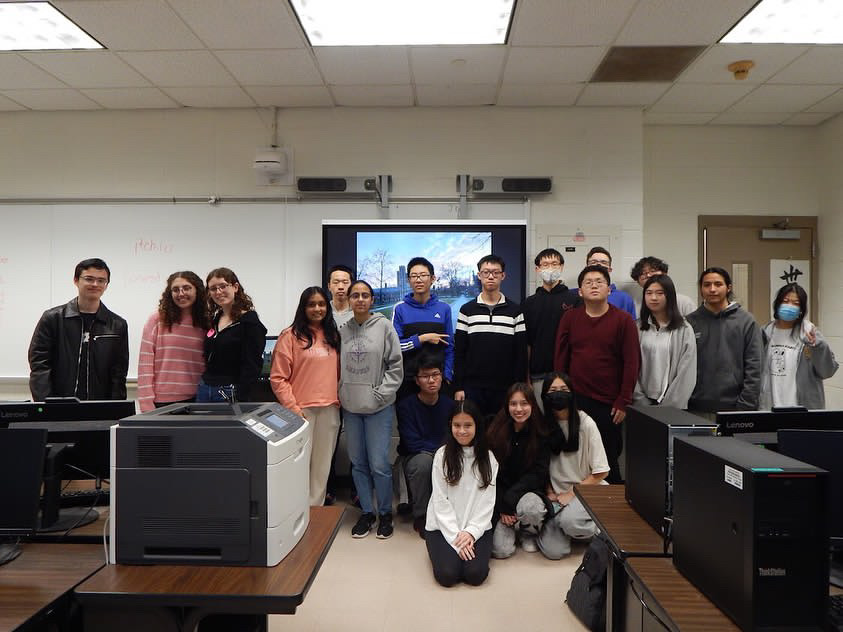
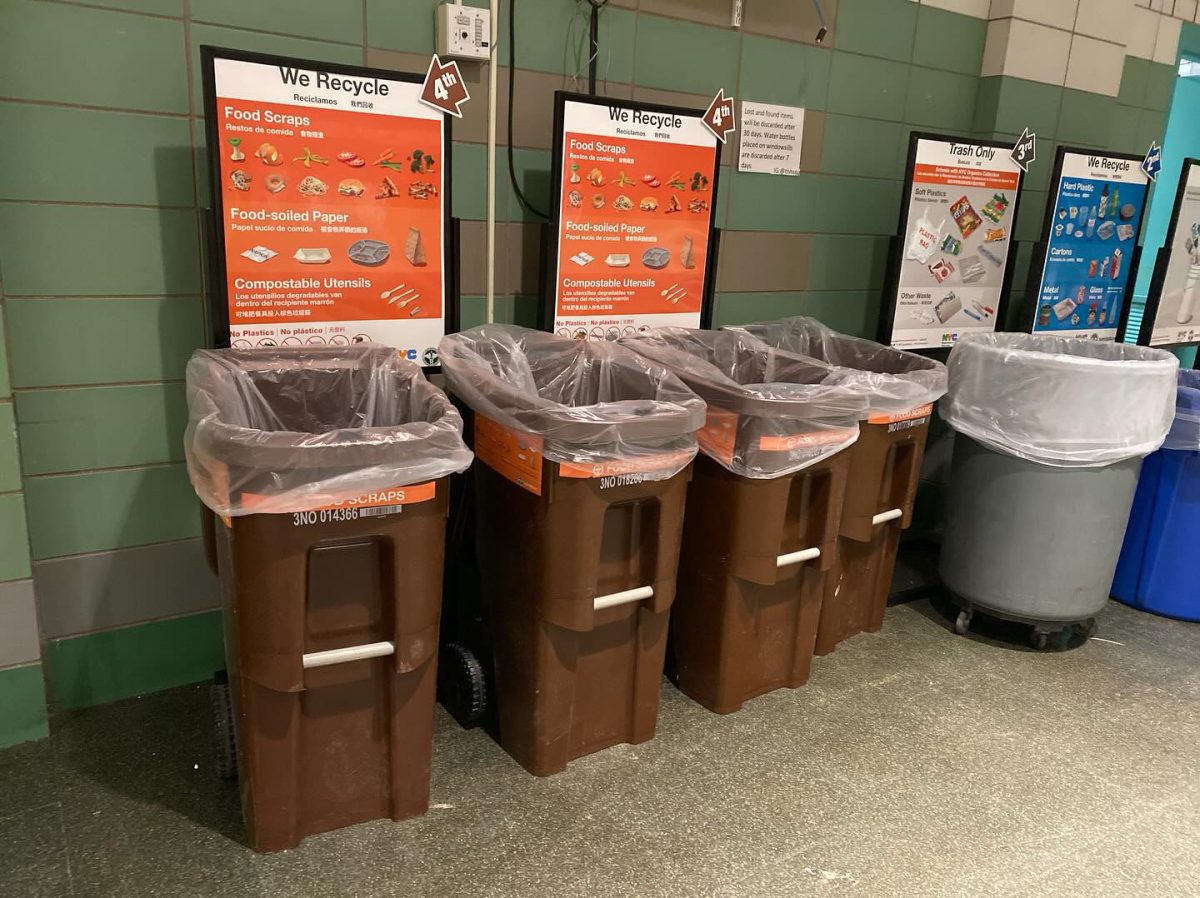
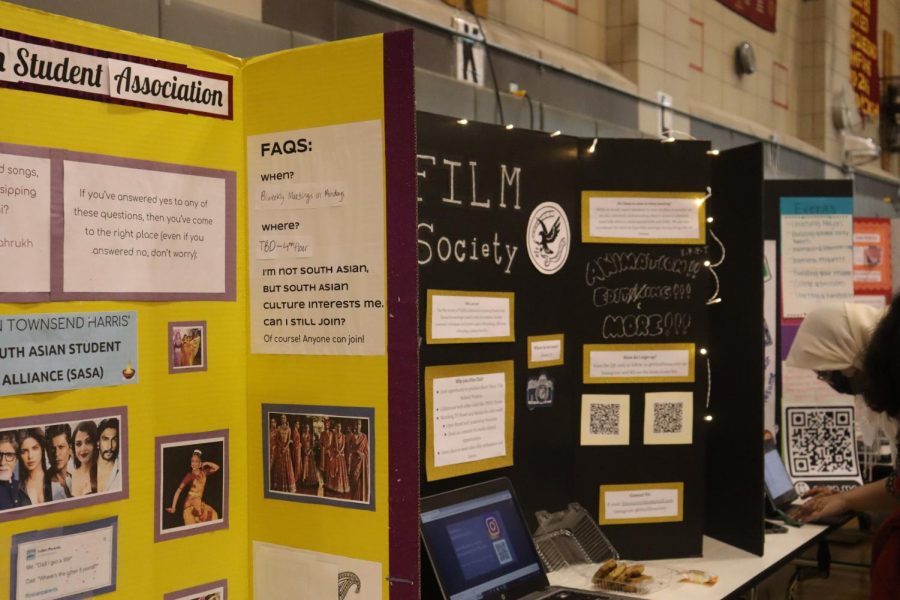



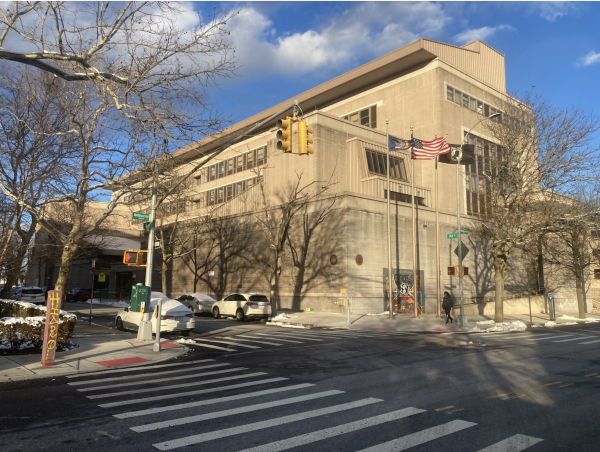
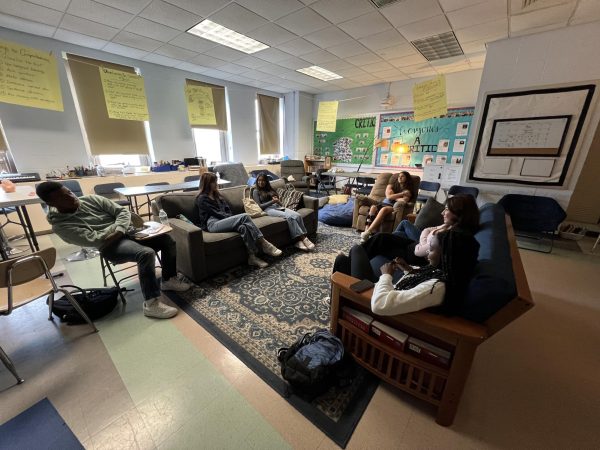
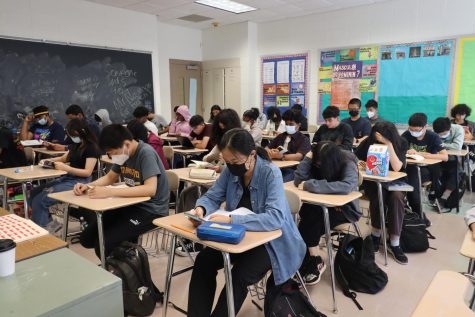




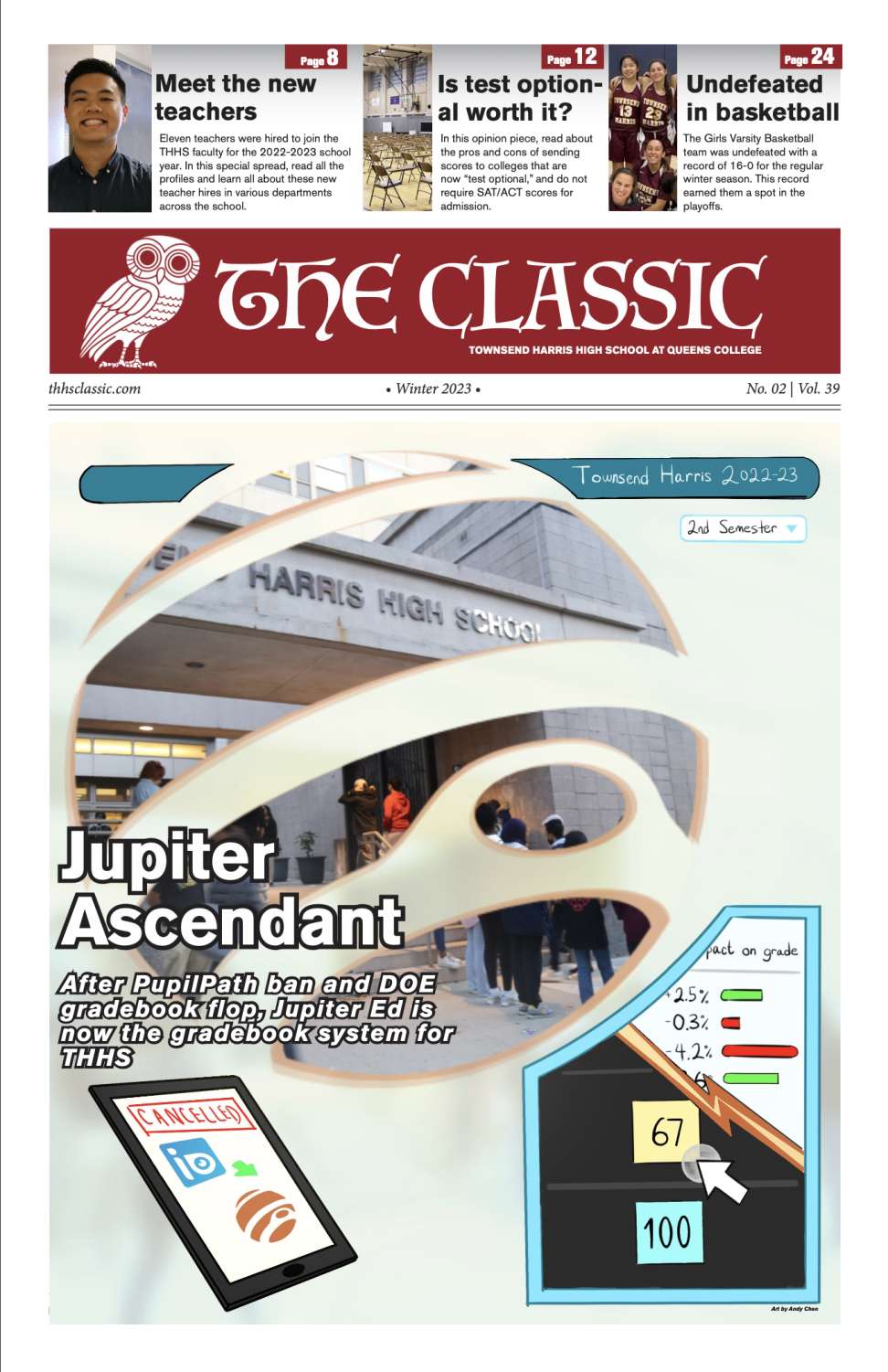
Bakhsish Kaur • Apr 17, 2023 at 2:41 pm
I agree with what is said in the article, I also think that the club applications are a really tedious process. When applying for a club, you have to think about multiple things such as if your club is too similar to another club yet it being a completely different club. With what is being said in the article, I truly do hope that Townsend reforms its club application process and allows for more leniency.
Jeremy • Apr 7, 2023 at 11:07 am
fax (facts (truth (I agree)))
R • Apr 5, 2023 at 4:06 pm
This is an interesting and insightful opinion on club applications.